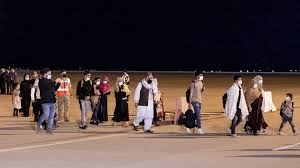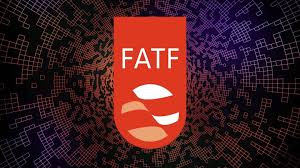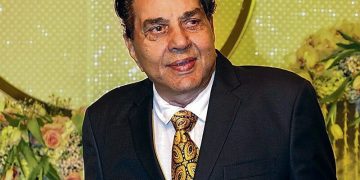A division bench of the Supreme Court (SC) referred the matter of delay in elections in Punjab to Chief Justice of Pakistan (CJP) Umar Ata Bandial to invoke suo motu jurisdiction.
The bench, led by Justice Ijazul Ahsan, wrote these remarks in a verdict on the transfer case of former Lahore Capital City Police Officer Ghulam Mehmood Dogar.
The verdict stated,“… We are, however, of the view that the matter brought to our notice during these proceedings raises a serious question of public importance with reference to enforcement of Fundamental Rights conferred by Chapter-1 of Part-II of the Constitution.“
The bench wrote in its verdict that considering the fact that unless timely steps are taken to remedy the situation, there is an imminent danger of violation of the Constitution, which “we are under a constitutional, legal and moral duty to defend”.
“We therefore consider it a fit case to refer to the Hon’ble CJP to invoke the suo motu jurisdiction Civil Petition No.3988 of 2022 – 6-of this Court under Article 184(3) of the Constitution, who may if he considers appropriate after invoking jurisdiction under the said Article constitute a Bench to take up the matter. Let the office place this file before the Hon’ble CJP for appropriate orders,” it said.
The case has been adjourned till Friday.
The verdict stated that it has been submitted that transfers and postings under the facts and circumstances of the case have a direct reference to the elections, which are required to be held within 90 days of the dissolution of the provincial assembly.
It was submitted that although transfers/postings were being undertaken, the election date had not been announced which constitutes a violation of Article 224(2) of the Constitution, the verdict mentioned.
‘Danger of Constitutional violation’
The bench noted that the Punjab Assembly stood dissolved on Jan 14 following the advice of the chief minister. Under the Constitution, elections to the assembly are required to be held within 90 days of the said date in terms of Article 224(2).
“However, no progress appears to have taken place in this regard and there is a real and eminent danger of violation of a clear and unambiguous constitutional command,” the verdict stated.
















































